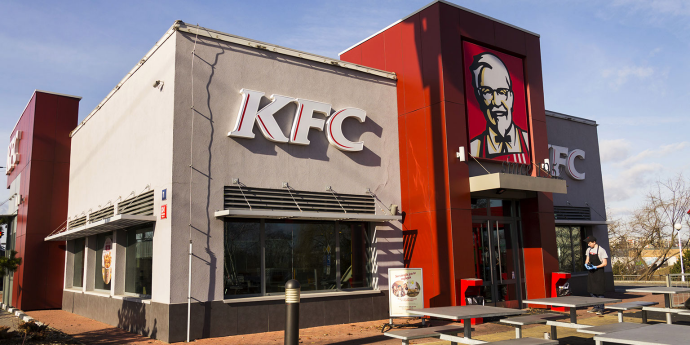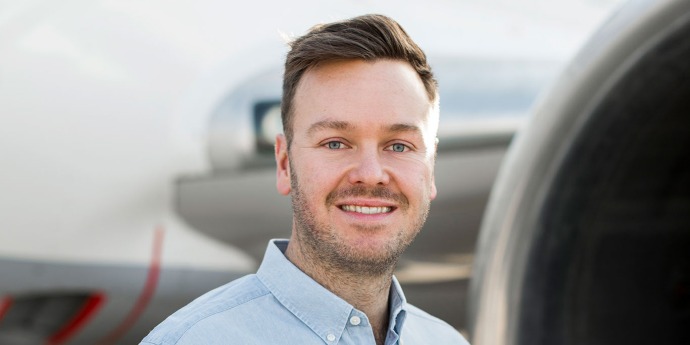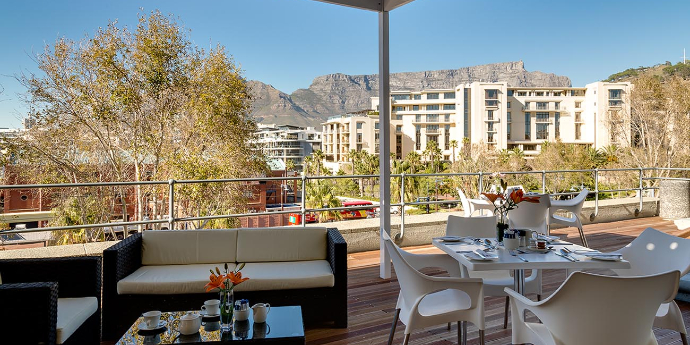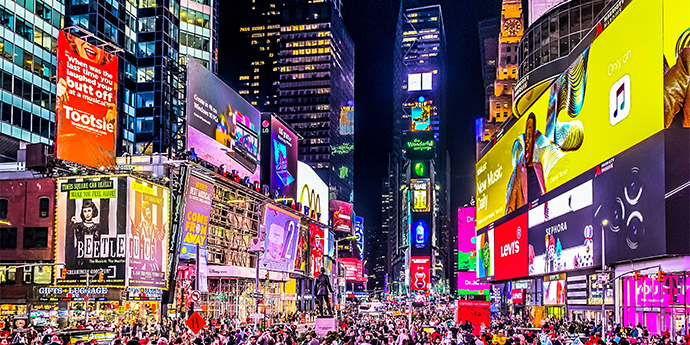In 2018, 1.4 billion people crossed an international border to take a holiday, and this number is set to rise with an estimated 5 billion people travelling internationally by 2050.
In his State of the Nation Address in June this year, President Ramaphosa outlined a bold aim to increase South Africa’s economic growth through tourism, stating “we will make good on our ambition to more than double international tourist arrivals to 21 million by 2030.”
Globally, tourism is on the rise and peak tourism demand has not yet been reached, driven by a growing global middle class. According to the World Travel and Tourism Council, 1.4 billion people travelled internationally for a holiday in 2018. This number is expected to increase to an estimated 1.8 billion travellers in 2030 and a staggering 5 billion by 2050.
But despite these appealing numbers, achieving Ramaphosa’s lofty ambitions for tourism in the country will not be easy. South Africa will need to compete with other major tourist destinations around the world to carve out its share of this growing market. And to make sure it is well positioned to do so, it is crucial that those working in the sector understand the social megatrends — the global, long term, macroeconomic forces that are shaping business, society and culture and shifting how we engage with the world.
Three key social megatrends are shaping how and why today’s tourists — and those of the future — travel, and what they look for when choosing an international destination.
1. People are collecting experiences, not possessions
Globally, there is an increasing shift from spending money on possessions to spending it on having experiences. McKinsey reports that in the US alone, spending on experience-related services — such as attending spectator events, visiting amusement parks, eating at restaurants, and traveling — between 2014 and 2016 grew 1.5 times faster than overall personal consumption and nearly four times faster than spending on goods.
Total global annual expenditure on experiences is currently higher than that on material goods and is expected to continue to rise at an increasing pace. Oxford Economics forecasts that total global expenditure on experiences will reach approximately €1.7 trillion by 2025.
The rise of the experience economy has massive implications for tourism, as travellers are prioritising ‘bucket list’ experiences. They seek out these experiences — they want to have them, tick them off their list and share them on social media to document the collection of the experience. There is also a perceived status and social capital attached to being able to show the experiences they have collected. The World Tourism Organisation recently labelled this consumer travel trend as ‘travel to show’, which is built on a desire for instagrammable moments, experiences and destinations.
South African visitor attractions need to help tourists to stop, look, engage with the experience and provide them with tools to document and share it. Successful examples of this are the two yellow frames in Cape Town that provide a perfect selfie backdrop of Table Mountain and the Map of Africa installation at Cape Agulhas.
2. People are seeking meaning and purpose through travel
The rise of the experience economy is augmented by the rise of the transformation economy. Many tourists now see travel as an important component of building their identity and as a medium for self-transformation. Consumers are not only seeking experiences, they are seeking travel that transforms through life-changing experiences such as meaningful connection and personal enrichment. These experiences are deemed transformative when they result in a personal improvement in physical, psychological or emotional well-being.
Transformational travel is valued for having a positive personal impact on the traveller that continues once they return home from the experience. It is seen as something which changes perspectives and behaviour for the better and an aid for personal growth. This trend, labelled by the World Tourism Organisation as ‘travel to change’, includes a desire for transformation, for authenticity and to ‘live like a local’.
Two tourism trends speak to this — ‘voluntourism’ and holidays that incorporate learning. Travellers can volunteer to clean up beaches, be part of the shark conservancy project or help plant trees as part of an environmental internship with Greenpop. South Africa has a wealth of learning experiences to offer, for example completing an introductory ranger training course, which has become a popular immersive tourism experience.
3. People value authenticity
The desire for authentic experiences can be a deciding factor in choosing one destination, attraction or experience over another. Authenticity may be judged in a number of ways and is based largely on perception rather than truth. Travellers perceive an experience as authentic when it is not trying to imitate something else, it is original or the first of its kind. It could also be an experience that is not altered from its natural state, or unnecessarily improved upon. And authenticity is also judged by the uniqueness of an experience that cannot be replicated anywhere else.
For example, hyperlocal experiences are those that are rooted in their context and are unique to a certain place or culture. Hyperlocal travel is seen to celebrate diversity and inclusion and meets the need for transformation though authentic experience. Few travellers want to be identified as tourists, and they have a desire for immersive local experiences — a chance to meet the locals and to ‘do what the locals do’.
The tiny restaurant, Wolfgat, in Paternoster was recently voted the Restaurant of the Year in the 2019 World Restaurant Awards. Wolfgat describes itself a ‘Strandveldt eatery’ show-casing local produce sourced from the West Coast. South Africa can leverage off this trend with local padstals and restaurants sharing hyperlocal delicacies such as rooibos tea, fynbos-infused gin and West Coast bokkoms.
In an increasingly globalised world, with more access to travel than ever before, the future of tourism will be shaped by what travellers are looking for — and the reasons why they are looking for it — when they leave home. South Africa, with its rich offering of social, cultural and nature-related experiences, is well placed to capitalise on these three trends if the industry responds appropriately.
Sabine Lehmann is founder and CEO of Curiositas, a specialist attractions and tourism futures consultancy. She holds an MBA from the UCT Graduate School of Business.







































